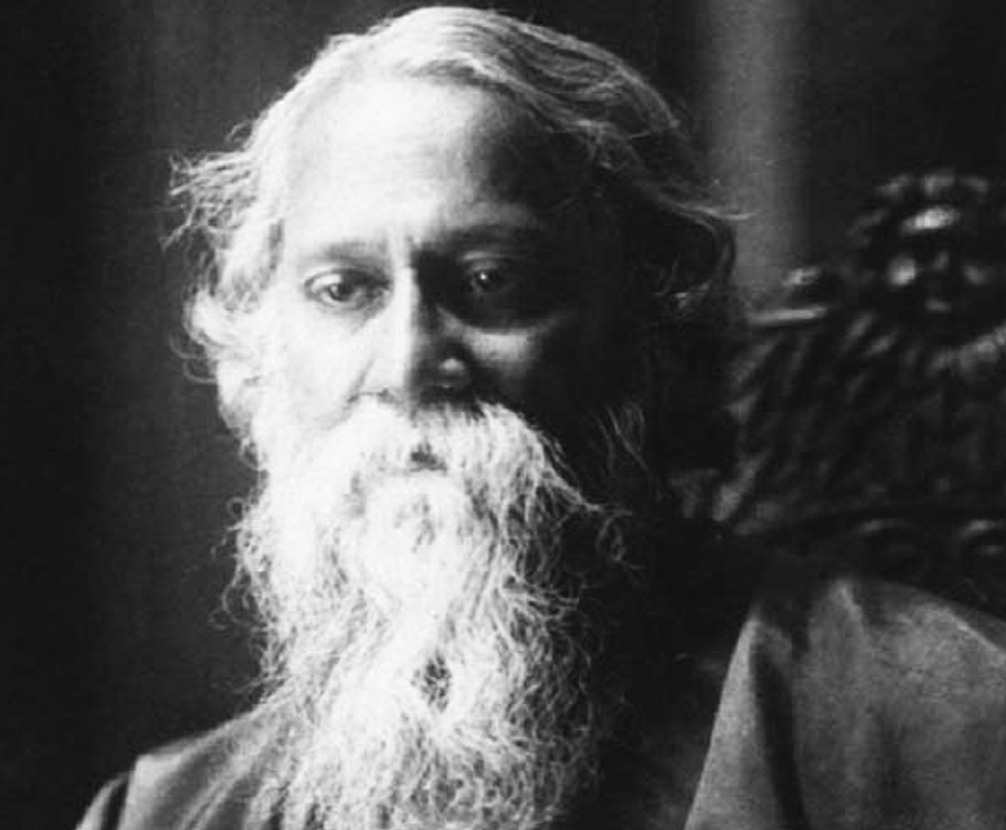
Kashmiri separatists are stakeholders: Pakistan envoy
NEW DELHI (TIP): Pakistan high commissioner Abdul Basit has justified his meetings with Kashmiri separatists, describing them as “stakeholders”, and indicated that his country will not budge from its stance despite India‘s decision to cancel foreign secretary-level bilateral talks in protest.
Basit’s comments on August 20 , two days after the Narendra Modi-led NDA government cancelled the talks when he ignored foreign secretary Sujatha Singh’s warning to refrain from meddling in India’s internal affairs and desist from the meetings, evoked a sharp reaction from India. Only India and Pakistan are stakeholders, Syed Akbaruddin, spokesman of the external affairs ministry said emphatically, maintaining that as per the 1972 Simla Agreement the Kashmir issue was a bilateral matter and no other approach would yield results.
NEW DELHI (TIP):
India on August 20 made it clear to Pakistan that Jammu and Kashmir was a bilateral issue and that the neighbouring country must adhere to the 1972 Simla Agreement and the 1999 Lahore Declaration if it desired an amicable settlement of the issue. “After the signing of the Simla Agreement (1972) by Prime Ministers of India and Pakistan, there are only two stake-holders on the issue of Jammu and Kashmir—the Union of India and the Islamic Republic of Pakistan,” MEA spokesman Syed Akbaruddin said.
He rejected Pakistan High Commissioner Abdul Basit’s statement earlier in the day that he met Hurriyat leaders since they were representatives of the people of Kashmir and stakeholders on the issue. The Indian official affirmed that the Simla Agreement was the bedrock of ties between the two countries and this was reaffirmed in the Lahore Declaration signed in 1999 between the then Indian Prime Minister Atal Behari Vajpayee and his counterpart Nawaz Sharif.
Asked why India permitted meetings between Pakistan’s representatives and the Hurriyat leaders in the past, the spokesman said, “Pakistan assured us at the highest level that they were committed to a peaceful dialogue on the issue of J-K and would not allow Pakistan or territories under its control to be used for terrorism against us.’’ However, India was now aware, particularly after the Mumbai terror attacks and the manner in which Pakistan had pursued subsequent investigations and trials, that this assurance had no meaning and that an approach which was different to the one laid down by the Simla Agreement and the Lahore Declaration would not yield results, he added.
Talking to mediapersons, the Pakistani envoy claimed that he had not breached any diplomatic propriety by meeting the Kashmiri separatists. “This has been a long-standing practice. It is important to engage with all stake-holders to find a peaceful solution to the issue,” he said, indicating Islamabad would continue talking to the separatists despite India’s objection.





Be the first to comment